Food is not rational. Food is culture, habit, craving and identity
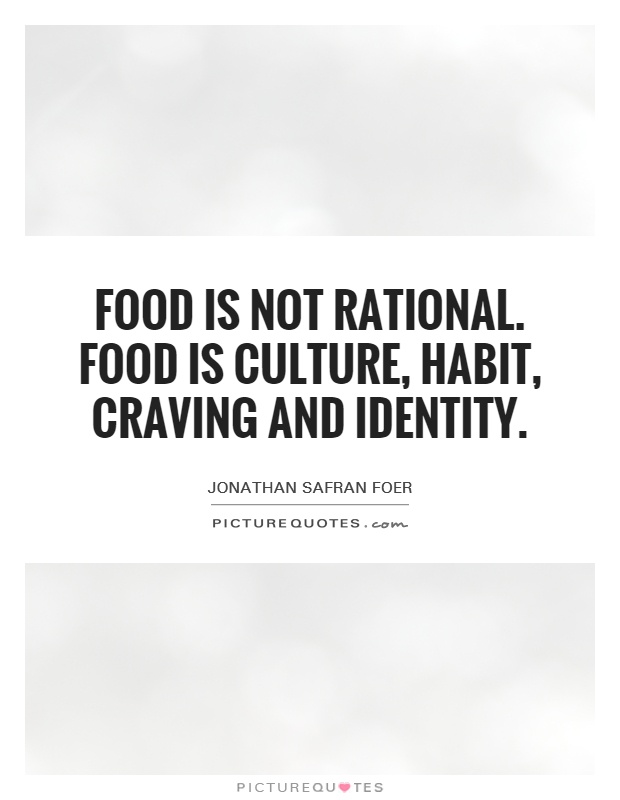
Food is not rational. Food is culture, habit, craving and identity
In his book "Eating Animals," Jonathan Safran Foer explores the complex relationship between food and our identities, habits, and cultural traditions. He argues that food is not simply a rational choice based on nutritional value, but rather a deeply ingrained part of who we are as individuals and as a society.Foer delves into the ways in which our food choices are shaped by our cultural backgrounds and personal experiences. He highlights how certain foods can evoke memories of family gatherings, holidays, and other significant events in our lives. For many people, food is not just sustenance, but a way to connect with their heritage and preserve traditions passed down through generations.
Additionally, Foer discusses how our food habits and cravings are influenced by societal norms and marketing tactics. He points out how food companies often manipulate our desires through clever advertising and packaging, leading us to crave unhealthy and unsustainable products. Our food choices are not always rational, but are often driven by emotional impulses and external influences.
Furthermore, Foer argues that our food choices are closely tied to our identities and values. What we choose to eat reflects our beliefs about health, ethics, and the environment. For example, someone who follows a vegetarian or vegan diet may do so out of a commitment to animal welfare or environmental sustainability. Our food choices can be a powerful expression of who we are and what we stand for.
Overall, Foer's exploration of the cultural, habitual, and identity-based aspects of food challenges us to think more deeply about what we eat and why. By recognizing the complex interplay of factors that shape our food choices, we can make more informed decisions that align with our values and contribute to a more sustainable food system. Food is not just fuel for our bodies, but a reflection of who we are as individuals and as a society.

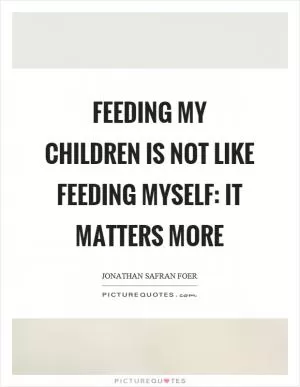

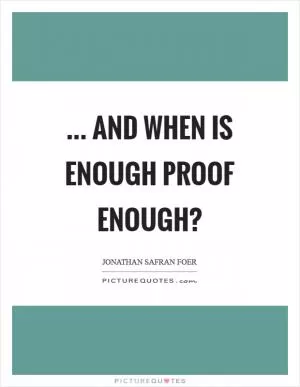
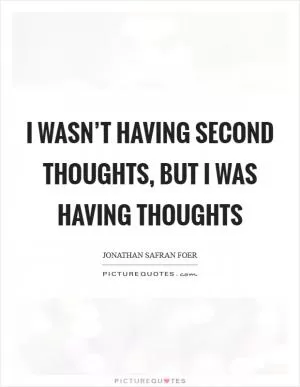
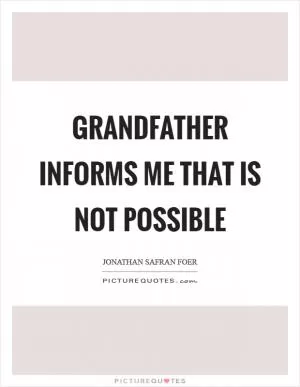
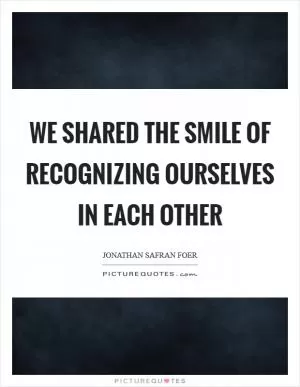
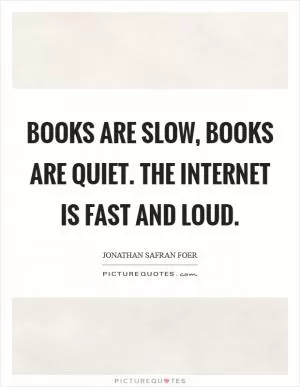
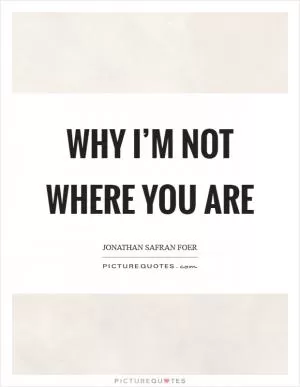
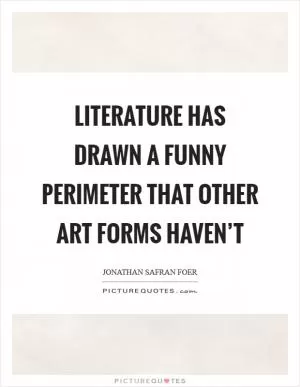


 Friendship Quotes
Friendship Quotes Love Quotes
Love Quotes Life Quotes
Life Quotes Funny Quotes
Funny Quotes Motivational Quotes
Motivational Quotes Inspirational Quotes
Inspirational Quotes